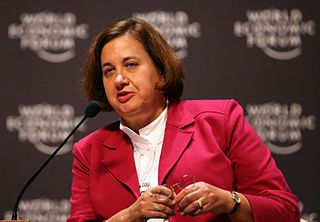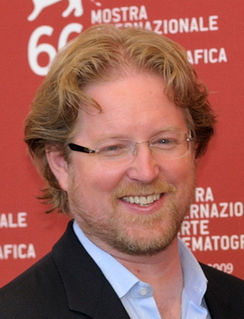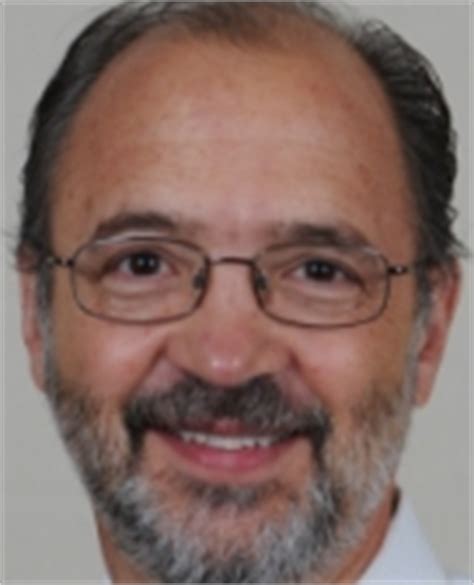A Quote by John Fairclough
We are all on a collision course with ourselves. Inevitably, our existing habits will be counter-productive to achieving our bigger picture goals. To avoid the crash, we need to regularly review how we are doing things and make adjustments as needed.
Related Quotes
If we are to achieve long-range goals, we must learn to set up and accomplish short-range goals that will move us along the way. If we do not consciously select our goals, we may be controlled by goals not of our own choosing - goals imposed by outside pressures (such as the expectations of others) or by our habits (such as procrastination) or by our desire for the approval of the world.
The systems of stereotypes may be the core of our personal tradition, the defenses of our position in society. They are an ordered more or less consistent picture of the world, to which our habits, our tastes, our capacities, our comforts and our hopes have adjusted themselves. They may not be a complete picture of the world, but they are a picture of a possible world to which we are adapted. In that world, people and things have their well-known places, and do certain expected things. We feel at home there. We fit in. We are members.
We all fall into our habits, our routines, our ruts. They're used quite often, consciously or unconsciously, to avoid living, to avoid doing the messy part of having relationships with other people, of dealing with a person next to us. That's why we can all be in a room on our cell phones and not have to deal with one another.
We need to set goals for ourselves. Start today...if you don't have any goals, make your first goal getting some goals. You probably won't start living happily ever after, but you may start living happily, purposefully, and with gratitude...Goals are gratitude in action. They give us the opportunity to build on what we already have. While achieving goals can be a lengthy process, we can learn to be grateful for each stage in the process of setting and meeting goals.
The only reason we really pursue goals is to cause ourselves to expand and grow. Achieving goals by themselves will never make us happy in the long term; it's who you become, as you overcome the obstacles necessary to achieve your goals, that can give you the deepest and most long-lasting sense of fulfillment.
It is not enough to want to make the effort and to say we'll make the effort. We must actually make the effort. It's in the doing, not just the thinking, that we accomplish our goals. If we constantly put our goals off, we will never see them fulfilled. Someone put it this way: Live only for tomorrow, and you will have a lot of empty yesterdays today.
There is no need to invent an ego that is separate from the divine if our basic human nature is trusted. If we trust ourselves, we know how to avoid interfering with nature and how to live in harmony. When we know God as an unseen, loving, and accepting power at the heart of everything, allowing us to make our own choices, then God is a trusted part of our nature.

































